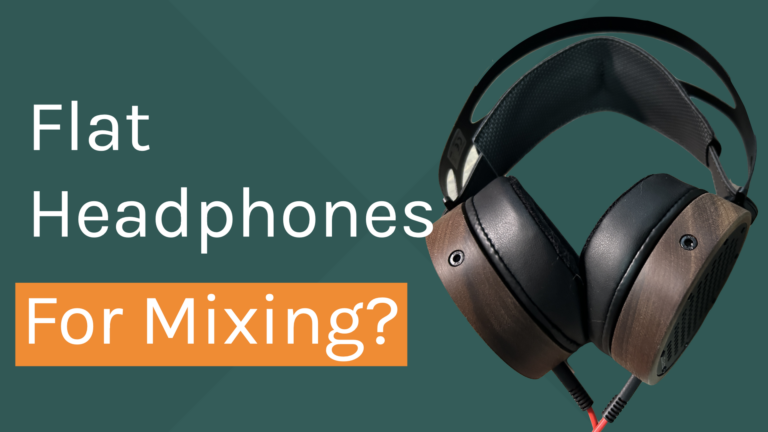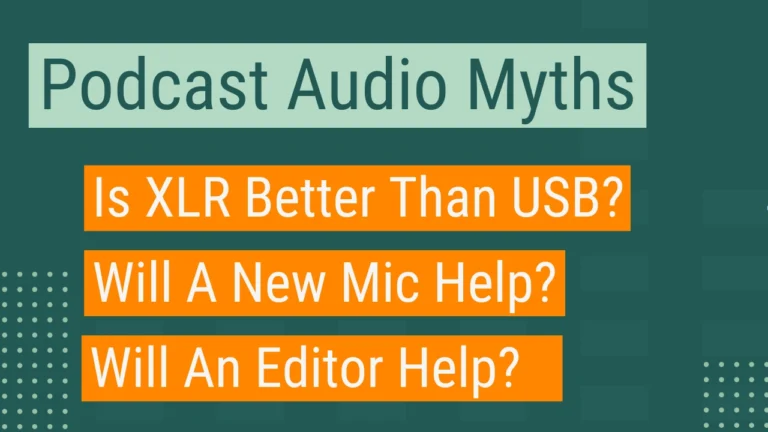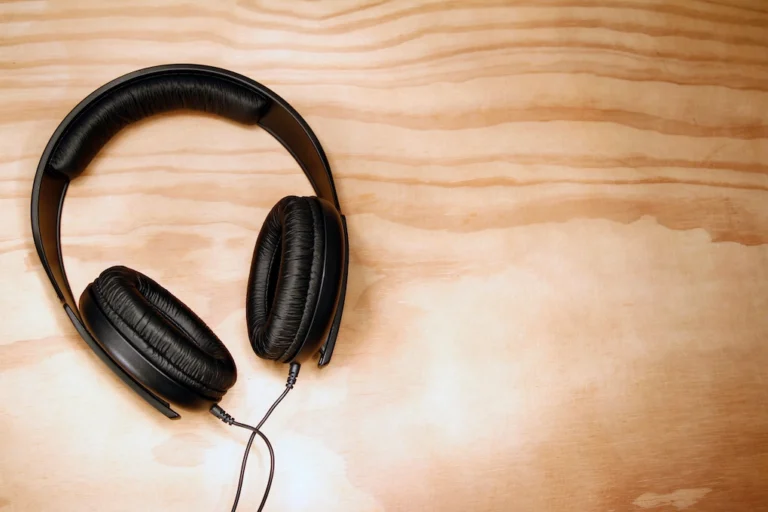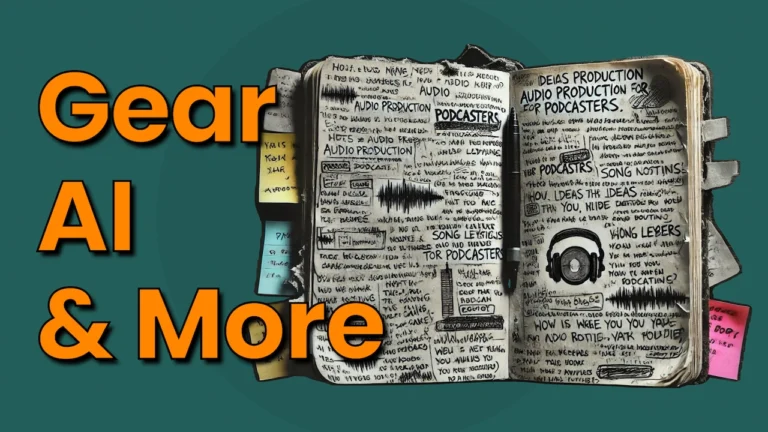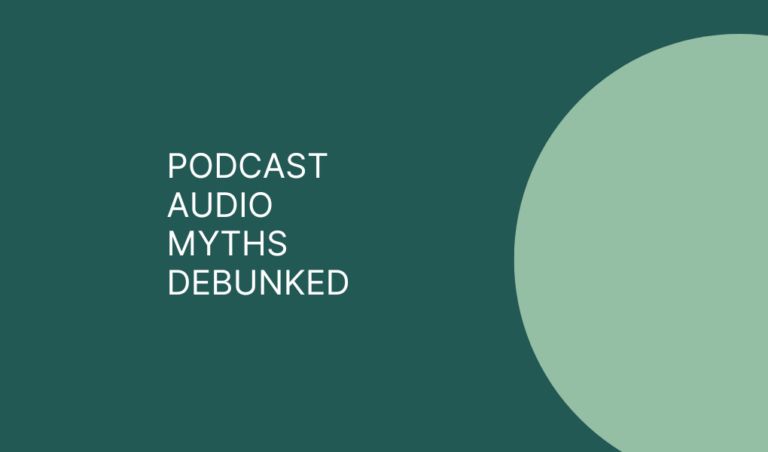Which Mic Is Better For Podcasting: USB or XLR?
A common question I see podcasters ask is about which is better for podcasting: a USB or XLR mic. The best answer to that question is that it depends on what you need, but first, let’s discuss the idea that there is a difference in audio quality between the two.
XLR Mics Aren’t Better Than USB Mics
Some people will tell you that XLR mics are better than USB mics. There is a little truth to this, but it has nothing to do with the connection type. The reality is that many XLR mics are just better mics when it comes to condenser mics. No one will debate that a Neumann mic will sound better than a Blue Yeti. That would be silly.
Your Audience Doesn’t Care What Mic You Use
When it comes to dynamic mics, is there really a big difference between an Audio Technica ATR2100x and a Shure SM58 running into a Focusrite 2i2? Not really. You’ll hear more of a difference in the frequency response than any subtle differences between the preamps and converters. You certainly are unlikely to hear a $200+ difference.
There’s a lot of confirmation bias out there. People want to justify the quality they get from their Rodecaster Pro and Shure SM7B given the $1000+ they spent on it. There’s no doubting the SM7B is a good sounding mic on many voices. It’s become a ubiquitous broadcast mic for a reason, but to your audience, it’s just a mic. At Podfly, we send out “lowly” USB mics, the ATR2100s to guests because they are cheap, easy to use, and, when positioned well, give us good recordings. Don’t get caught up thinking you need a more expensive mic when you can make a bigger difference by positioning the mic better.
The five keys to a good podcast recording are:
- Use a dynamic mic
- Good mic positioning
- Decent acoustics
- Good gain setting
- Good post-production
The mic is simply a device for capturing your voice. It’s all about using it correctly and how you mix it that matters. In this video, I provide 7 clips, some were recorded with USB mics and some with XLR. These are all good recordings that have been mixed. Can you hear a difference?
It’s Your Decision
Ultimately, I feel the decision comes down to your needs. If you’re recording remote interviews or by yourself, I feel a good USB mic is the best route. I’d rather you buy a better mic than buy a cheaper XLR mic and cheap interface. For $300, you could get a Shure SM58 and a Focusrite 2i2, but I feel the Shure MV7 is a better sounding option for podcasters and saves you $50.
However, if you’re recording in-person with a co-host or guests, you’re better off with XLR mics. The simple reason is that computers don’t tend to handle multiple USB mics well. There are some options for making it work, but an audio interface or podcast mixer will make your life much simpler.
Can You Hear The Difference?
Check out this video to see which clips are XLR and which are USB plus the results of those who participated in the test.

